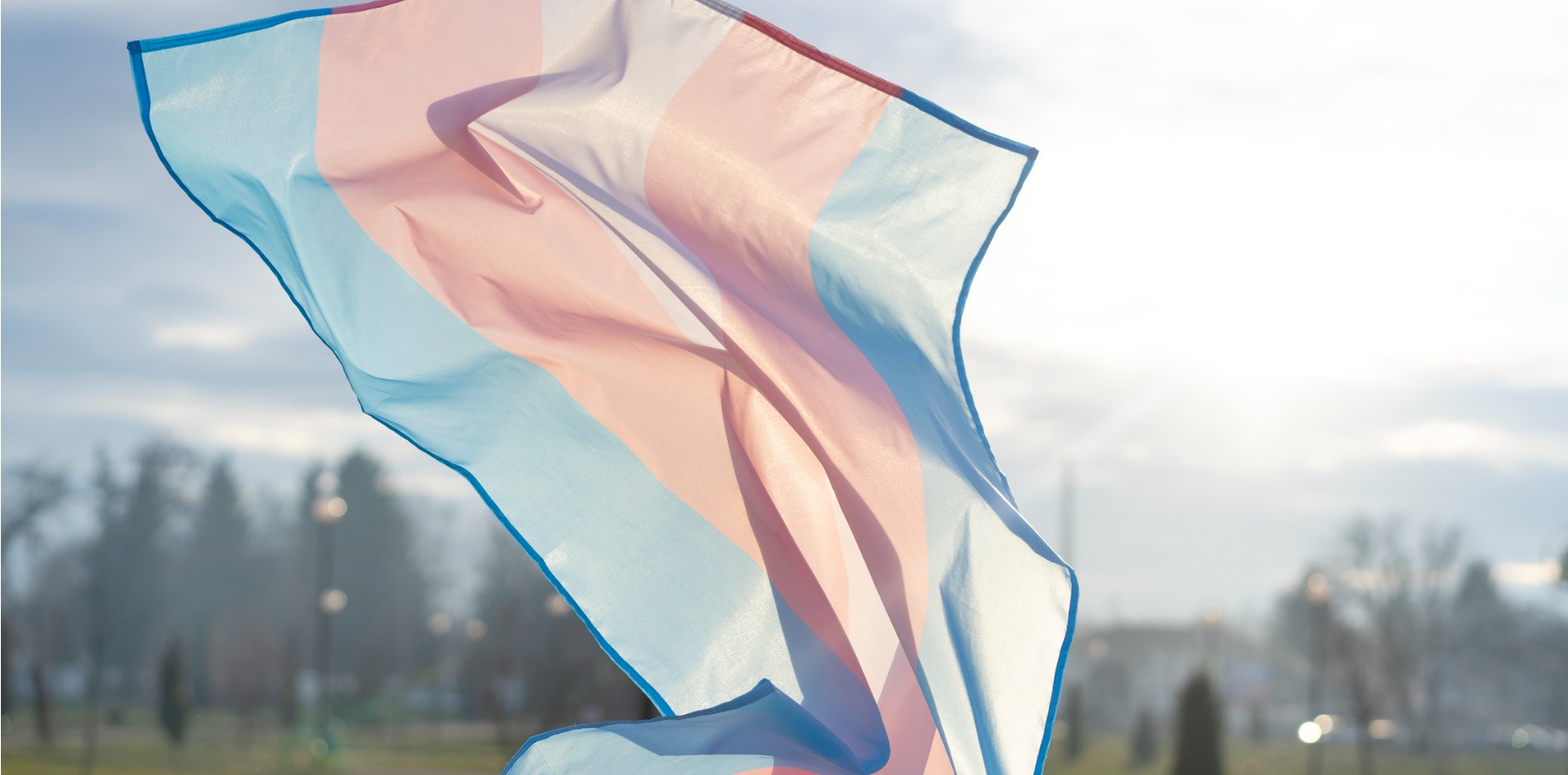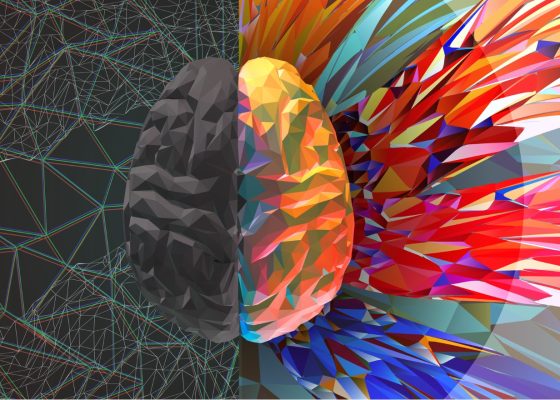A 30% increase in negative experiences highlights the need for more specialist services, says Dr Penelope Strauss.
Transgender and non-binary Australians seeking healthcare during the covid pandemic experienced discrimination at higher rates and faced increasing difficulty accessing gender-affirming care, a recent MJA study has found.
Developed by a team of researchers at The University of Melbourne, multiple online surveys of more than 500 transgender and non-binary adults conducted in May 2020 and 2022 revealed that 56% of respondents had experienced discrimination while seeking or receiving healthcare during the pandemic, compared to 26% of respondents in a survey conducted in 2017.
Misgendering was the most frequently reported form of discrimination, accounting for 41% of all incidents, followed by deadnaming (24%) and being asked inappropriate questions about being trans when seeking care for an unrelated condition (26%).
Non-binary participants reported more frequent incidents of discrimination than those identifying as transgender, with 65% reporting being misgendered while seeking healthcare compared to 36% among transgender women and 27% among transgender men.
Among the 448 participants receiving gender-affirming hormone therapy, almost half reported disruptions to treatment during the pandemic, while 44% of those booked for gender-affirming surgery in 2022 had their procedures cancelled or postponed, down from 61% in 2020.
According to Dr Penelope Strauss (PhD), research fellow in youth suicide prevention at the Telethon Kids Institute, increasing the availability of services and providers was the first step to improving gender-affirming care in Australia, with access to paediatric and adult gender clinics disparate across each state and territory.
“There are just not enough specialised services for trans people,” Dr Strauss said.
“We know there’s not a paediatric gender clinic in every state, there’s not an adult gender clinic in every state, [and] the gender clinics that we do have don’t have enough funding to meet the needs of the community and have extensively long waiting lists.
“[For] practitioners who do specialise in gender-affirming care, it’s the same thing, they have extremely long waiting lists so they can’t see all of the people who want to see them.”
While 79% of participants agreed that expansion of telehealth services made healthcare services more accessible than in-person appointments, only 31% described their telehealth consultations as equally effective or more effective than face-to-face consultations.
The study also found that long-term complications were significantly more common among transgender and non-binary Australians with 37% of respondents reporting complications three months or more after acute infection, compared to an estimated national rate of 5-10% among Australian adults.
Despite this, covid vaccination rates were significantly higher transgender and non-binary adults with 87% of participants reporting having three or more covid vaccine doses versus 70% of all Australian adults.
Dr Strauss said greater investment was needed to encourage professional development in delivering gender-affirming care, with the current reliance on individual motivation among health professionals.
“It still largely rests on the individual to seek professional development in their field,” she said.
“There’s no mainstream certification that health professionals need to achieve in trans health, it’s not seen as a priority, which is part of the problem.
“Even just basic knowledge of gender diversity and what that means oftentimes is lacking.
“We need more resources to expand the care that is available now and improve the training that is delivered to people entering the health workforce, so that any health practitioner should be able to help a trans person with what they’re seeking from the healthcare system.”
In an effort to bridge the gaps in gender-inclusive education for health professionals, deputy chief executive of Women’s Health Tasmania Lucinda Shannon is setting up a podcast aimed at health professionals that explores trans and gender-diverse people’s health.
“The podcast is aimed at health professionals – GPs, nurses, midwives, gynaecologists – and anyone who is interested in trans healthcare,” Ms Shannon told the ABC.
“We at Women’s Health Tasmania had a specific interest in doing it because trans and gender-diverse people have always used our service, but we wondered, what was it like for trans men and non-binary people when they accessed our service?”
Do you have a story tip for us, or a topic you would like to see us cover? Contact the editor at editor@healthservicesdaily.com.au.



